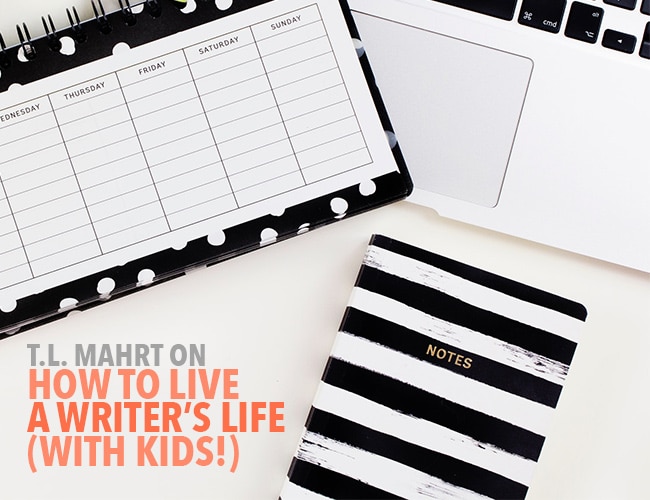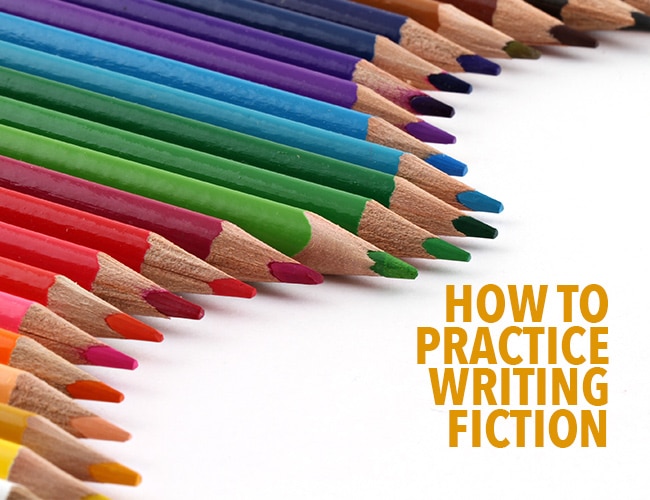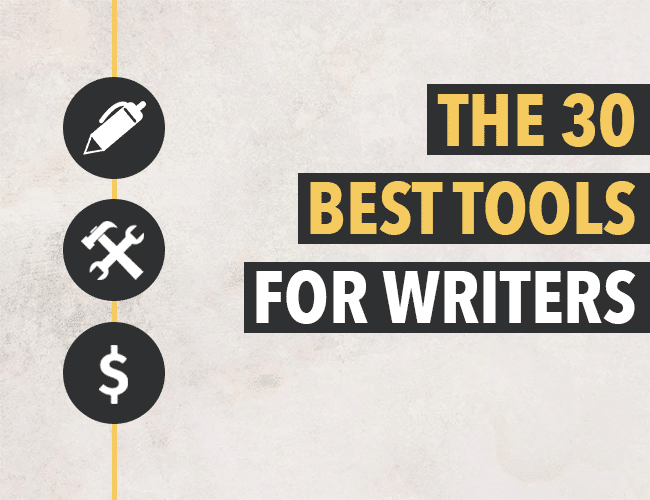
by Sarah Gribble |
We’re writers, and as writers, we’re told we need to keep writing no matter what. Write every day. Write through the hard times. Write during great times. Just write.
Right now, as if you didn’t know, we have a bit of a pandemic situation. We’re isolated, possibly out of a job, overwhelmed with advice about self-improvement, and probably grieving life as it was before COVID-19.
But we’re still writers and writers (are supposed to) write. If that’s hard for you to do right now, that’s okay. Here are four refreshing, low-pressure ways to tap into your writing.

by Sarah Gribble |
How do you live “a writer’s life”? By writing! (And editing, and publishing, and marketing. But we’ll get to that.)
But sometimes (okay a lot of the time) it’s hard to fit writing into our busy, busy lives. Kids, school, work, house maintenance, relationships . . . We’re pulled in a million directions every day.
The key to fitting in anything important is to find the time and protect that time.

by Sue Weems |
Three different people have asked me in the last month about how to balance their writing, work, family, and life. Step 1: ask someone who actually knows. I’m too busy coordinating home repairs while my spouse travels for work. New water heater this week. Broken window replaced last week.
But I realized dealing with a broken water heater is actually a perfect example of how to manage multiple areas of your life while you keep writing. Hint: it has nothing to do with balance.

by Joslyn Chase |
Have you ever been told by some well-meaning soul that writing can’t be taught? Have you heard that the ability to create beautiful sentences and convey a heart-wrenching story is inborn, and you either have it or you don’t?
The Argentine writer and poet Jorge Luis Borges said, “Art is fire plus algebra.” That flame blazes in all of us, and can be fanned by passion and dedication. What’s more, we can apply the algebra through deliberate study and practice.
I believe writing can absolutely be taught and learned. Here’s how.

by Joe Bunting |
If you want to write a book, you need the right tools for the job. But what are the best tools for writers? We get asked that all the time.
Whether you’re ready to write, publish, or market your book, there are hundreds of resources you could use. They’re not all equal, though. Some will help you make your book better than you’d ever dreamed, and others, well, won’t.
I want to help you find the best tools for your writing, too. I’ve put together a roundup of the thirty best tools for writers at every stage of the writing and publishing process.

by The Magic Violinist |
Goals can help you do a lot of things. They keep you focused, they help you strive to be better, and they challenge you.
There are several different kinds of goals you should set for yourself. I’m thinking of three specifically. And trust me when I say they’ll help you immensely.








